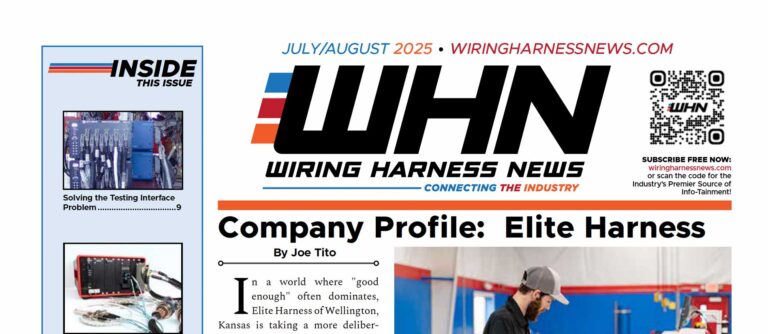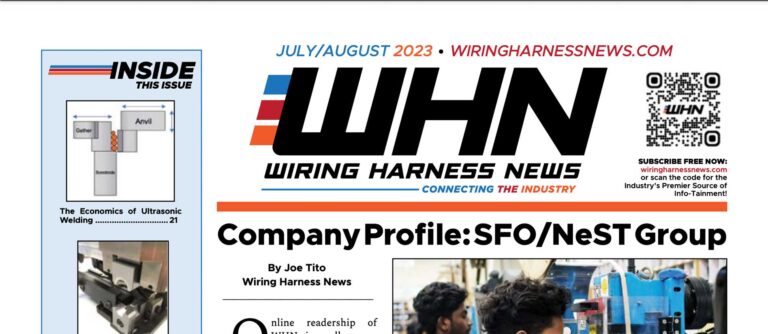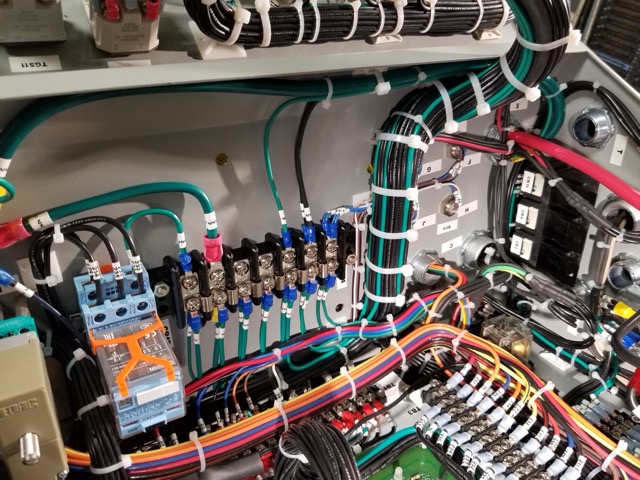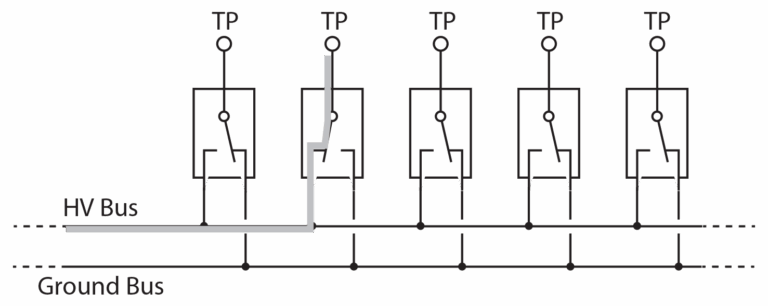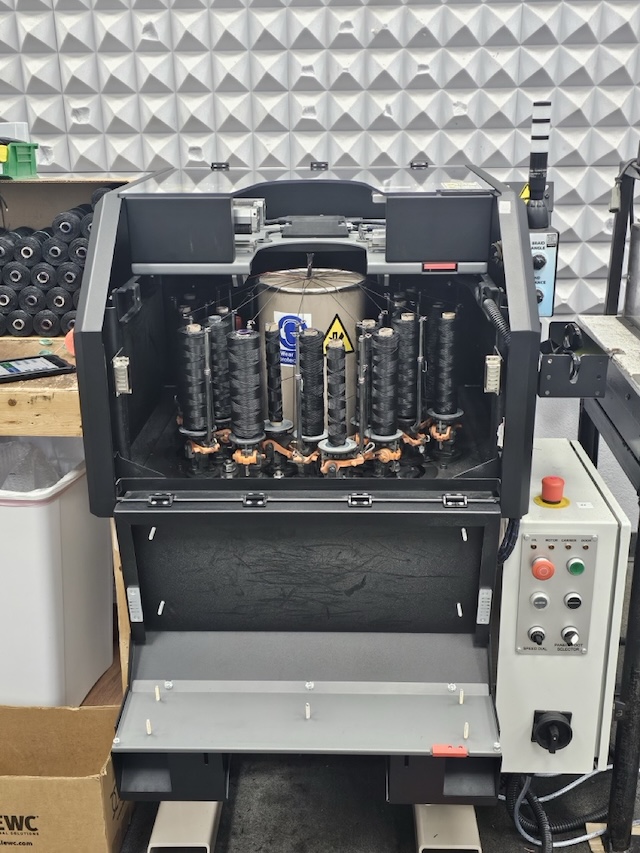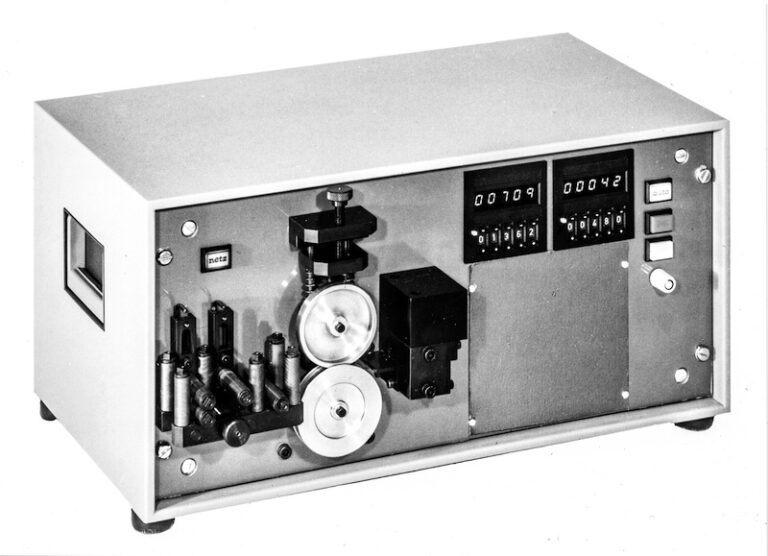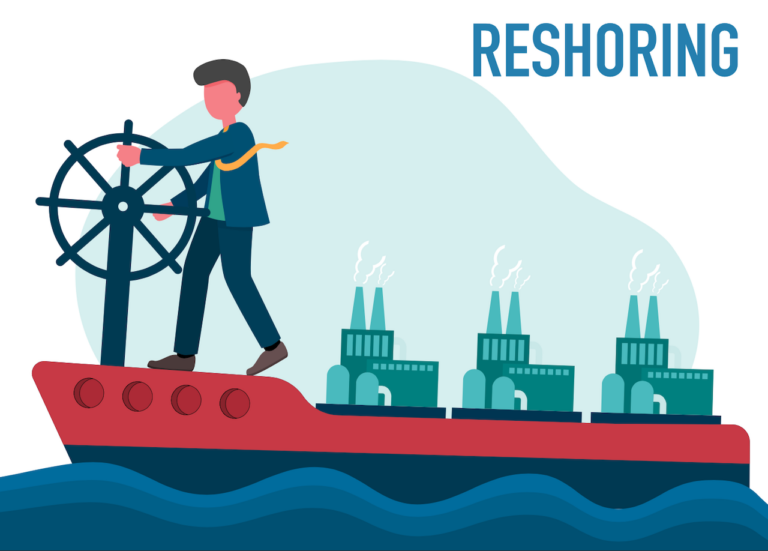You Don’t Always Score from the The Red Zone
Getting the final steps of a deal done can be like moving the football down the field at the end of a close game … on the ground … a yard at a time. When you finally reach the red zone, every move is crucial and exhaustion is a key factor. In the deal world we say that a stiff challenge often arising toward the end of negotiations is “deal fatigue.”
The cliché “There are no easy deals” is absolutely true. And when the process has paralleled an arduous march down the field, the final stages can be fraught with impatience and even distrust, jeopardizing all the time and effort invested in coming to terms on a sale. Either the seller or buyer can kill it.
Here is an example from several years ago that illustrates the precariousness of deal fatigue.
Having been retained to sell a $40M harness company in the Southwest, we crafted a CIM (confidential information memorandum) and engaged in dialogue with a wide variety of prospective buyers. Eventually, one of them emerged as the hands-down choice. Not only had he offered a price and terms that far exceeded the other buyers, but he also knowingly overlooked certain obstacles in a way that no one else had. We soon signed a letter of intent with the buyer and started down the path of due diligence.
While the buyer was relatively sophisticated, having acquired a number of companies during his career, the seller was not. She had spent her career operating a business, and this was her initiation in forging a deal.
Nevertheless, we moved fairly quickly through the due diligence process, which included both accounting and legal activity. But then, when the seller was required to provide additional information, the process slowed. Her inexperience with consummating deals was one challenge, and the thinness of her management structure was another. She had to expend significant time and energy to gathering information while continuing to head the day-to-day operation of his company.
As a result, when we finally entered the red zone, the seller was exhibiting severe deal fatigue and blamed her weariness on what she felt was an unfairly long process. I assured her that the buyer’s requests had been normal and that he now needed only to explain a few issues that had surfaced toward the end of due diligence and provide a forecast for the coming year to satisfy the buyer and cross the goal line. But mentally, the seller was gassed. Her efforts to develop the last elements of critical information were half-hearted, and the deal caved in.
This unfortunate outcome occurred despite my practice of always orienting an inexperienced seller to the demands of the sale process and the realities of deal fatigue. I had done so with this seller, but maintaining commitment through the red zone turned out to be too much for her. When I think about the risks that keep deals from happening, this ranks very high on the list.



